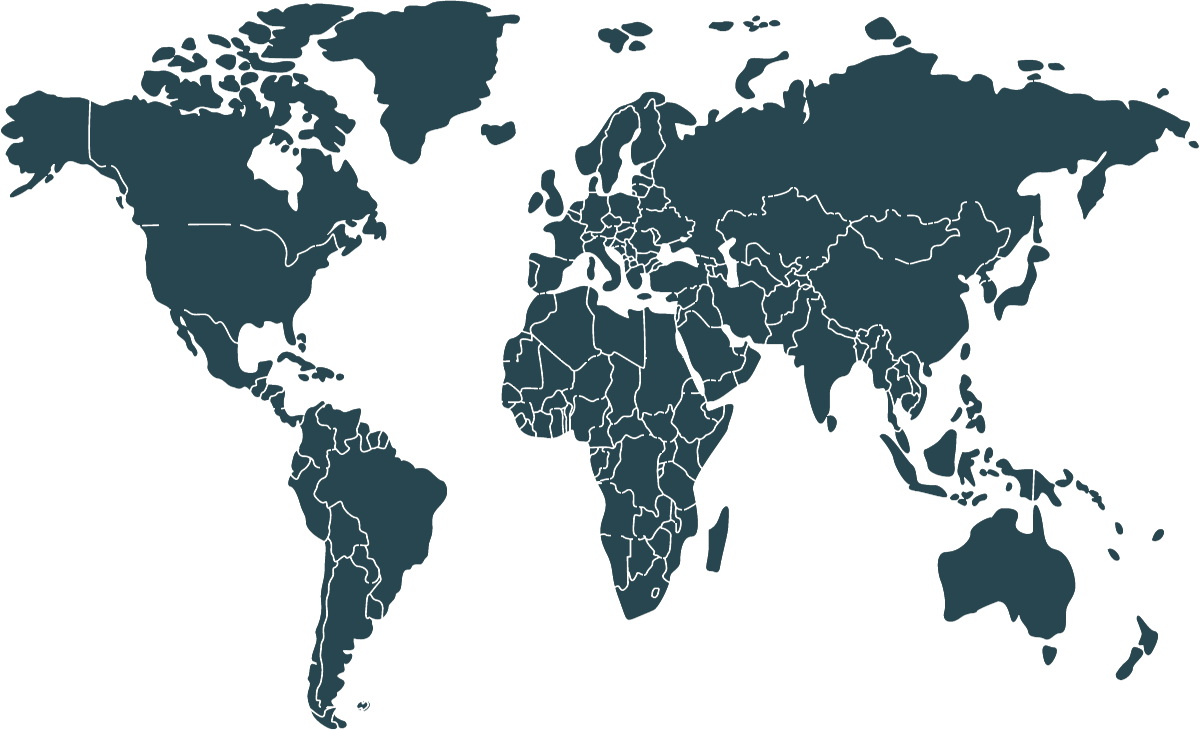The International Tracking Standard Foundation (I-TRACK Foundation) hereby announces a temporary suspension of I-REC(E) issuance for all facilities in Cambodia, effective immediately. This measure will remain in effect until further notice, pending feedback from national authorities.
Context:
This decision has been made to address double-count risks as the country reportedly moves to develop a REC system, announced in late 2024 and with further details released in 2025. While national authorities have made no formal request to pause I-REC(E) issuance, the I-TRACK Foundation and its implementation partners are voluntarily putting into effect the pause in issuance based on:
- Registrant/Participant Communications: Entities with renewable energy assets in Cambodia have informed the I-TRACK Foundation that they have been requested to halt the issuance of I-REC(E) by domestic stakeholders such as Electricite du Camboge (EDC). The I-TRACK Foundation seeks to remain aligned with national preferences at all times.
- Public Announcements: The following articles and documents have been made available to the I-TRACK Foundation and provide further context for interested parties:
- Khmer Times: Cambodia to Launch New REC Scheme
- ASEAN Access News: Cambodia Launching National REC Mechanism
- Bun & Associates Legal Briefing (PDF)
- Description of: Prakas No. 0039 on the Mechanism of the Renewable Energy Certificate in the Kingdom of Cambodia (PDF)bun-associates.com+1Bun & Associates+1 (Note: I-TRACK Foundation has not been able to locate the original national document “Prakas No. 0039).
Current Stance and Market Impacts:
The I-TRACK Foundation respects the sovereignty of national actors and is committed to avoiding risks of double-counting in all markets it operates in. To the knowledge of the I-TRACK Foundation, no domestic REC scheme has been launched or made operational, and no double counting has taken place in Cambodia to-date.
However, market inputs suggest that EDC has requested that power producers halt issuance of I-REC(E). As a result, the I-TRACK Foundation secretariat has flagged the potential risk of future double-counting if I-REC(E) issuance were to proceed and subsequently, a domestic scheme were to allow issuance for previous vintages. The I-TRACK Foundation Board has agreed with the stance of the secretariat and has therefore moved to implement the pause in issuance. Given that the I-TRACK Foundation has not received direct communication from Cambodian authorities, the voluntary pause in issuance is introduced as a precautionary measure to preserve market integrity and credibility amid uncertainty.
At the time of writing, I-REC(E) systems are available in all ASEAN countries, with partial restrictions applied only in the Philippines to facilitate alignment with the national compliance scheme. Cambodia is currently the only country in ASEAN with a full pause in issuance.
Opportunities for Collaboration and the Removal of the Pause in Issuance
The I-TRACK Foundation is committed to supporting the development of robust domestic systems and utility-led programs across the ASEAN region and beyond. The Cambodian pause in issuance for I-REC(E) can be removed at any time based on feedback from a domestic authority, such as the Ministry of Mines and Energy (MME) or the Electricity Authority of Cambodia (EAC). With such inputs, the pause in issuance could be removed as a temporary measure to facilitate market continuity until a domestic system is functionally established. Alternatives and hybrid approaches are also common in the ASEAN region, and could be designed in Cambodia to facilitate alignment of national requirements with functional needs of the market such as to facilitate credible reporting, foreign direct investment, and exports.
The I-TRACK Foundation welcomes input from domestic authorities at any time and will continue seeking to coordinate with relevant actors. Communications from national or market actors can be directed to asiasupport@trackingstandard.org and will be reviewed and responded to on a case by case basis. Inputs will only be made public with the permission of their author(s).
